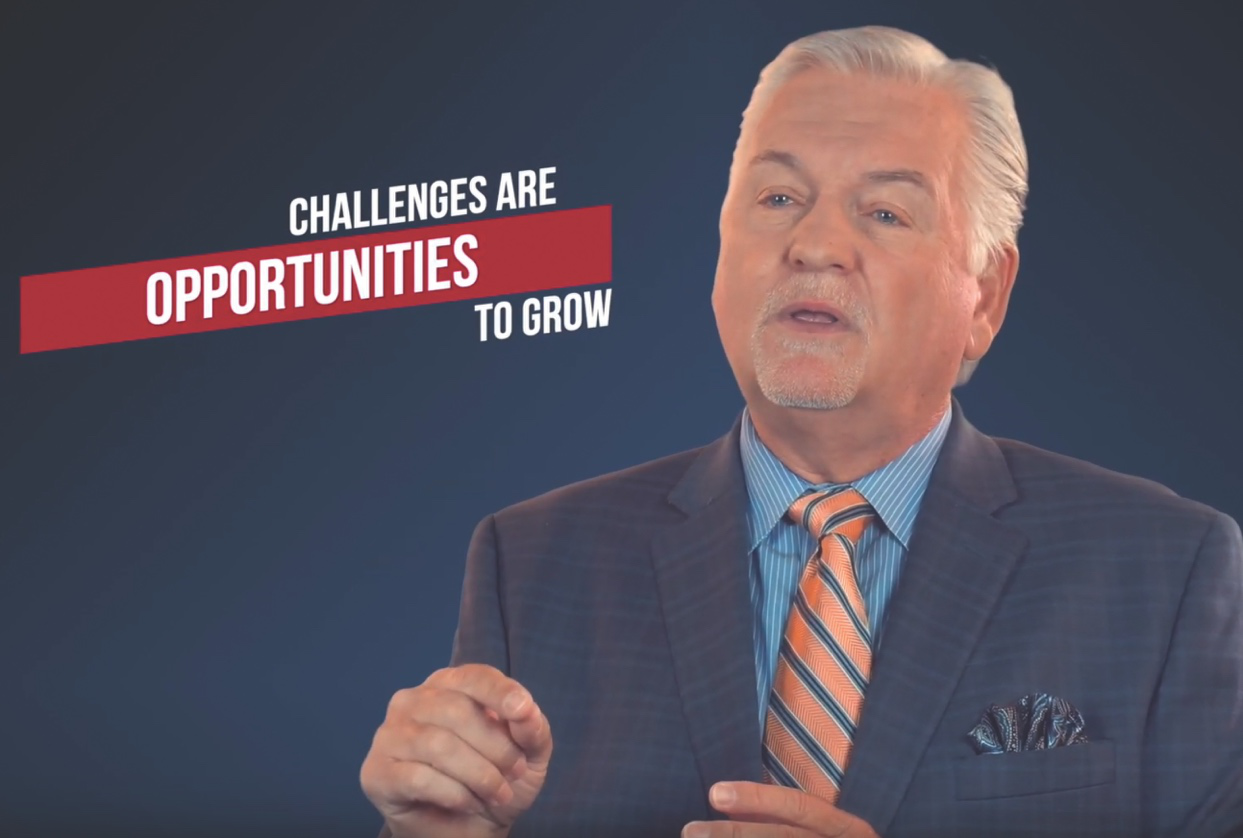A Leader’s Manual to Building Resilience in a Time of Constant Change

From blue-chip conglomerates to non-profit organizations, no matter how well-rounded a company’s contingency plan is, the only thing that can help it during a crisis is a team’s resilience—and the role of a leader in cultivating this resilience is nothing short of monumental.
The world today is an entirely different place from what we knew it to be before 2020. The pandemic’s onset has derailed our lives in more ways than we can fathom, and organizations are in the same boat.
In a crisis like this, it all comes down to how strong an organization is, and that depends on a leader’s skill to cultivate resilience so that the team can come out the other side of the pandemic unscathed.

But leadership in crisis management is tough, and that’s why you need a few tips to help you weather the storm.
Lead from the Front
Leaders are capable and strong in the face of adversity, but one trait that sets them apart from team members is their confidence.
No one expects a leader to exhibit unwavering confidence during a full-blown pandemic. They want them to maneuver through the complexities of a situation by taking the first step toward the solution.
A leader’s initiative inspires trust and confidence among team members and prepares them to take the reins when necessary.
Show Empathy
A true leader must be visible like a shining light in a storm, acting as a beacon of strength and hope for team members in a time of crisis. At the same time, a team leader shouldn’t put themselves up on a pedestal where they’re unreachable.
They should project an image of a guide team members can approach when anxieties are high. This can be done by exercising empathy and acknowledging the efforts of those on the team.
Knowing that one can rely on their leader builds confidence, improves collaborative effort and fosters resilience among team members.
Make a Backup Plan
One of the most graceful things a leader can do is admit defeat but never succumb to it. Whether it’s losing out on a big client or not meeting the monthly goal, they must understand that losing a battle doesn’t mean the war is over.
This is why a leader always has a backup plan to respond to setbacks. This backup plan should have realistic objectives, goals and instructions for the team members to work in unison toward success.
Showing your team that a mere defeat isn’t enough to stop the fight in you can make them resilient and confident.

If your organization needs to help its leaders learn the tricks of the trade, get in touch with Steve Gilliland!
The Hall of Fame motivational keynote speaker uses state-of-the-art virtual experiences to help organizations maintain a productive, diverse and inclusive workforce during the crisis of the pandemic. “Thank you for enriching our lives with your inspiring, entertaining and applicable message,” said the South Carolina Health Care Association after hiring Steve for their August 2020 event.

The comedy motivational speaker uses humor to create customized virtual keynote experiences to unite people working in a virtual workplace.
Check out his virtual presentations and benefit from his numerous bestselling books today!